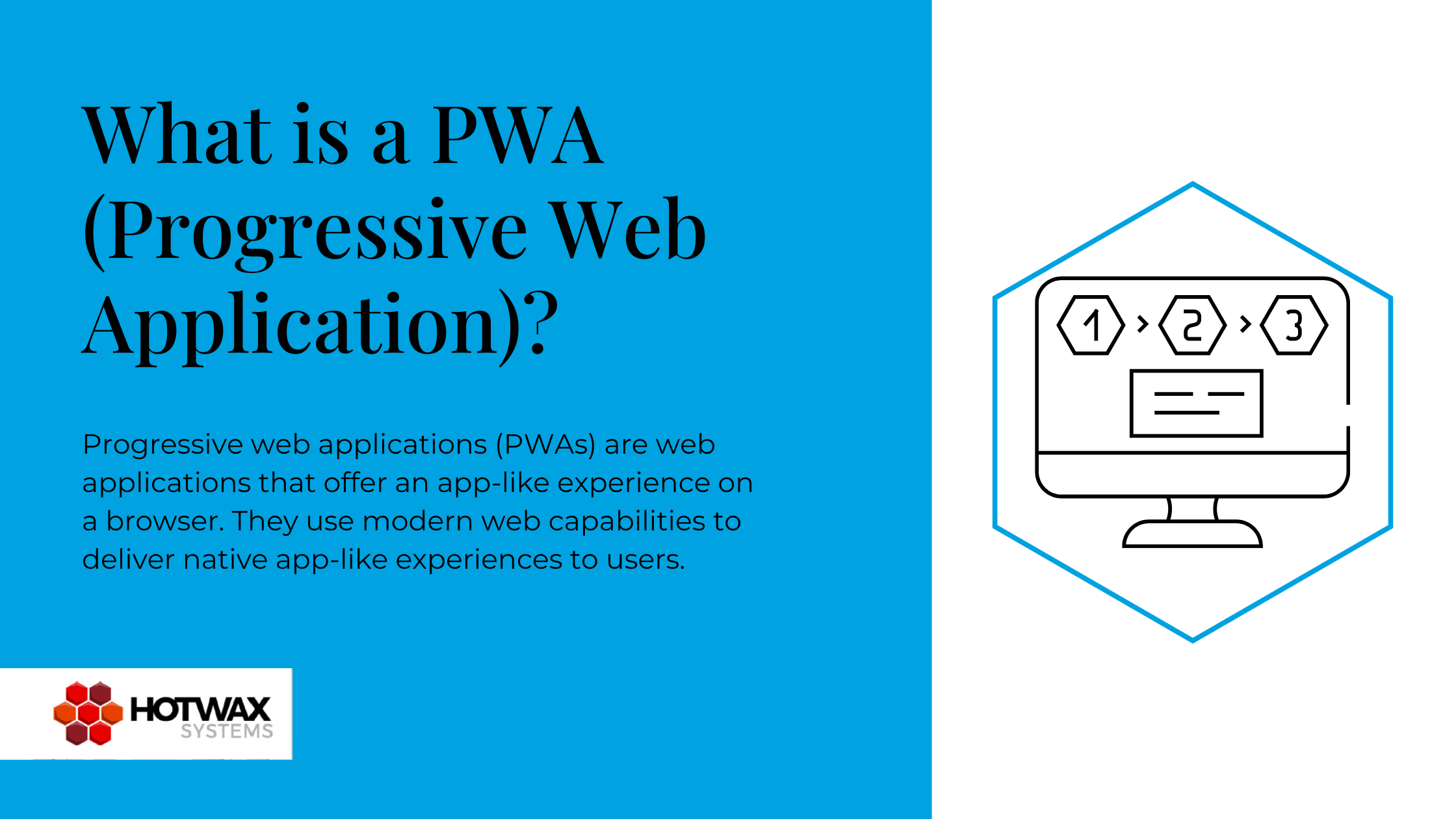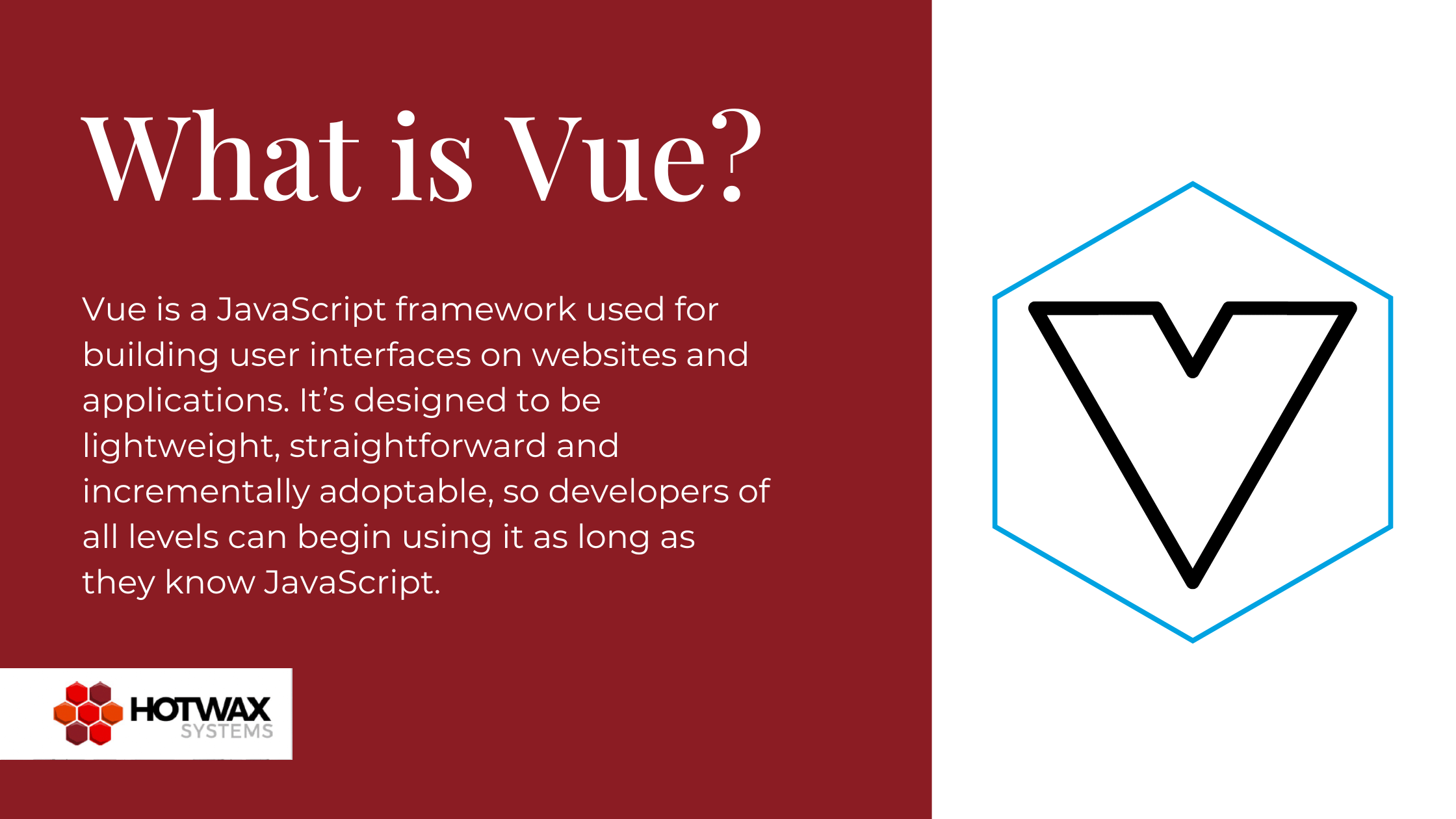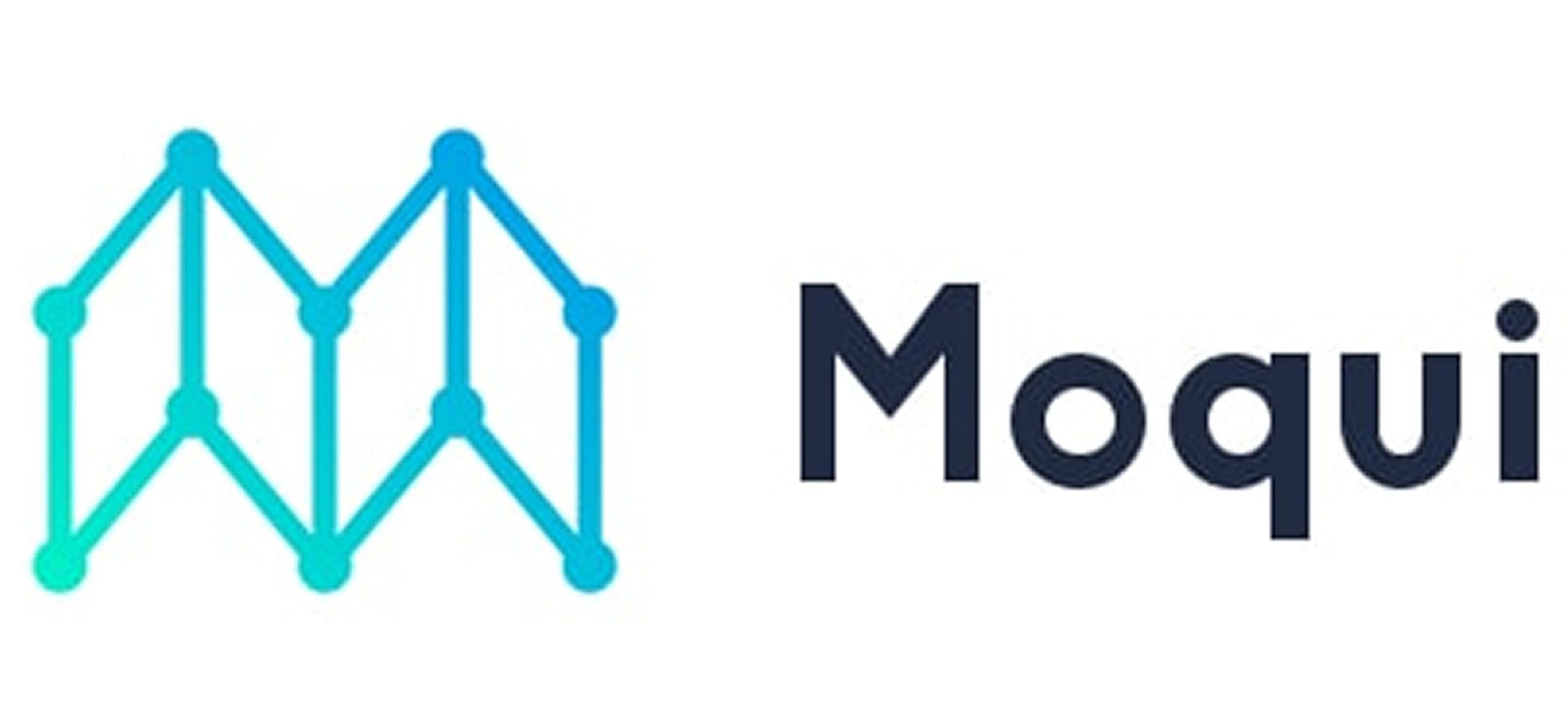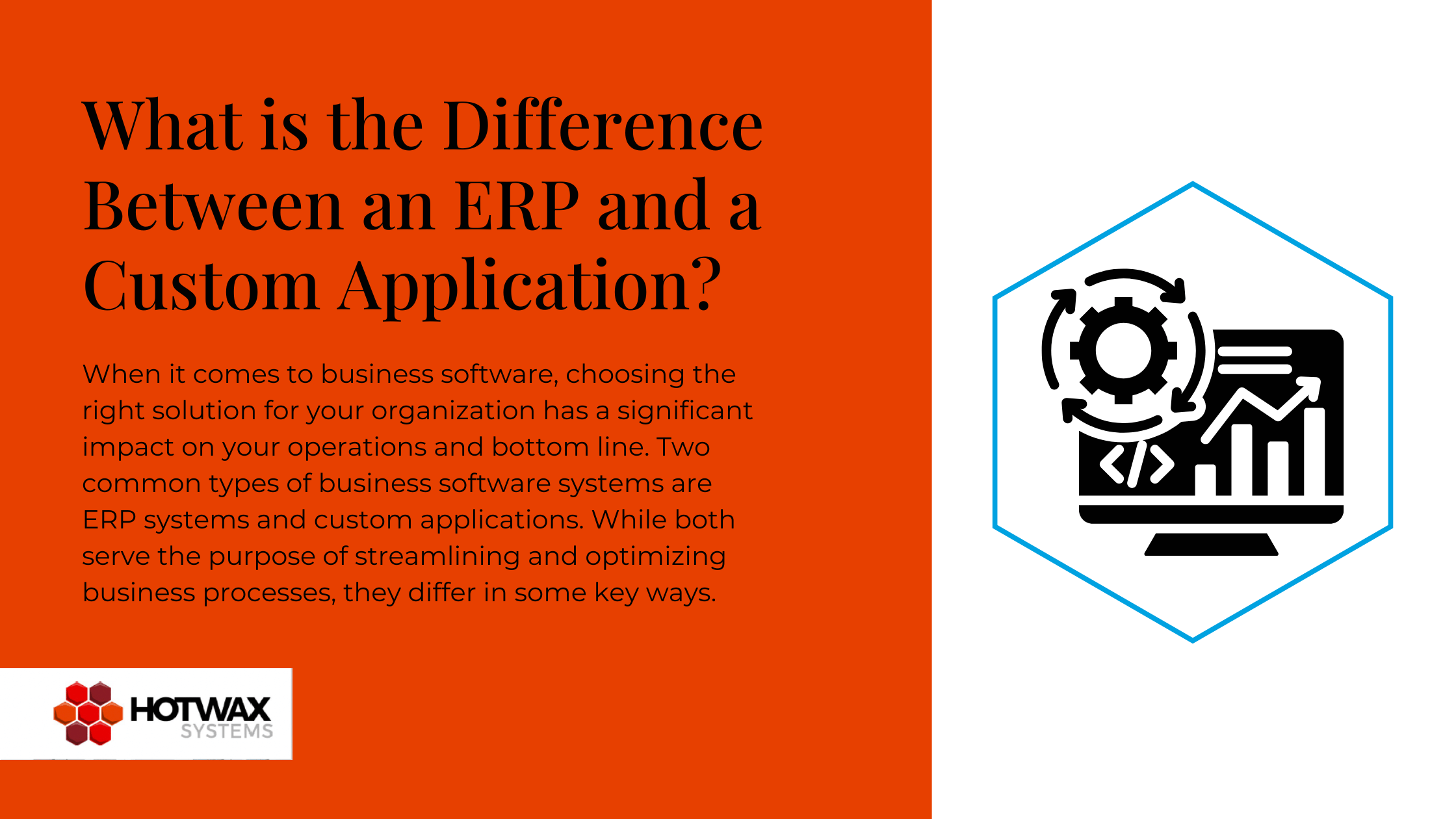What is a PWA (progressive web application)?
Progressive web applications (PWAs) are web applications that offer an app-like experience on a browser. They use modern web capabilities to deliver native app-like experiences to users. This includes fast loading times, offline access, push notifications, and the ability to be installed on a device's home screen.
PWAs are designed to work on any platform that uses a standards-compliant browser, which makes them a powerful tool for developers who want to build cross-platform applications without maintaining separate codebases for different platforms (like Android and iOS).
Key characteristics of a PWA
- Responsive: PWAs are designed to work on any screen size, whether it's a mobile phone, tablet, or desktop.
- Offline capabilities: PWAs can work offline, just like a traditional app.
- App-like feel: PWAs mimic the look and feel of native applications by providing a seamless user experience.
- Installable: Users can install PWAs on their devices directly from the browser without needing to go through an app store.
- Secure: PWAs are served over HTTPS to ensure that the data exchange between the user and the server is secure.
- Discoverable: Because PWAs are essentially converted websites, they come with SEO features that make them discoverable by search engines, which is something native apps don’t have.
Why use PWAs?
The primary advantage of PWAs is that they combine the best of web and mobile apps. They provide the reach and ease of access of the web with the user engagement and interactivity of mobile apps. This makes PWAs an excellent choice for businesses and developers looking to create a unified user experience across platforms.
PWAs are also easier and more cost efficient to build because they can use one single codebase for different platforms. This is known as “build once, run anywhere”.
Additionally, PWAs are fast and lightweight, can work offline, are discoverable via search engine, easy to maintain, and have a low maintenance cost.
Building PWAs with popular frameworks and libraries
At HotWax Systems, we have experience using the following PWA frameworks in order to deploy web based mobile applications across multiple devices and browsers quickly and efficiently:
1. Ionic
Ionic is an open source framework that is very popular for building cross-platform mobile apps. It provides a set of front end UI components that work on mobile devices and in web browsers. It uses Capacitor, a native runtime, to access native device functionalities, which can be essential for certain PWA features like push notifications.
Why choose Ionic for PWAs?
- UI components: Ready-to-use components that are optimized for both mobile and web.
- Capacitor: Easy access to native APIs, making the PWA feel like a native app.
- Cross-platform: Write once, run anywhere – whether it's on Android, iOS, or the web.
2. Vue.js
Vue.js is a progressive JavaScript framework for building user interfaces. We think it’s the coolest thing going on right now in the world of custom front end UI. It’s known for its simplicity and flexibility, making it an excellent choice for developing PWAs. Vue.js can be easily integrated into existing projects and is versatile enough to be used for everything from small components to large, full-scale applications.
Vue.js has a dedicated PWA plugin that provides the necessary tools to turn a Vue application into a fully functional PWA. The plugin handles service workers, manifest files, and caching strategies, allowing developers to focus on building the core features of their application.
Why choose Vue.js for PWAs?
- Simplicity: Easy to learn and integrate, especially for new developers.
- Flexibility: Can be used for a wide range of applications.
- PWA plugin: Provides built-in support for turning a Vue.js app into a PWA.
3. Angular
Angular is a robust, full-featured framework developed and maintained by Google. It’s known for having a structure that provides a strong foundation for building complex applications and includes tools specifically designed for PWA development.
Angular offers built-in support for service workers, which are crucial for implementing offline capabilities and improving performance. Additionally, Angular's architecture is well-suited for building scalable, maintainable applications, making it a great choice for enterprise-level PWAs.
Why choose Angular for PWAs?
- CLI support: The Angular CLI simplifies the process of setting up and managing a PWA.
- Service worker integration: Support for service workers to manage offline capabilities.
- Scalability: Ideal for large, complex applications.
4. React
React is one of the most popular libraries for building user interfaces. It focuses on the view layer, making it a great choice for developers who want to create highly interactive and dynamic UIs. React's component-based architecture promotes reusability and makes it easier to manage large applications.
For PWA development, React provides a service worker setup out of the box with its Create React App tool. This setup includes features like caching and offline support, which are essential for building a high-performance PWA.
Why choose React for PWAs?
- Component-based architecture: Promotes code reusability and manageability.
- Create React app: A quick setup for new projects, including PWA features.
- Large ecosystem: A vast number of libraries and tools available to enhance development.
Conclusion
Progressive Web Applications are an exciting evolution in web development that offer the performance and user experience of native apps with the accessibility of web apps. With frameworks like Ionic, Vue.js, Angular, and React, building PWAs has never been easier. Each of these tools has its strengths, so the choice of which to use will depend on the specific needs of the project, as well as the teams familiarity with the technology.
Whether you're looking to create a simple, responsive web app or a complex, enterprise-level application, PWAs provide a powerful, flexible solution for users on any device, anywhere.






